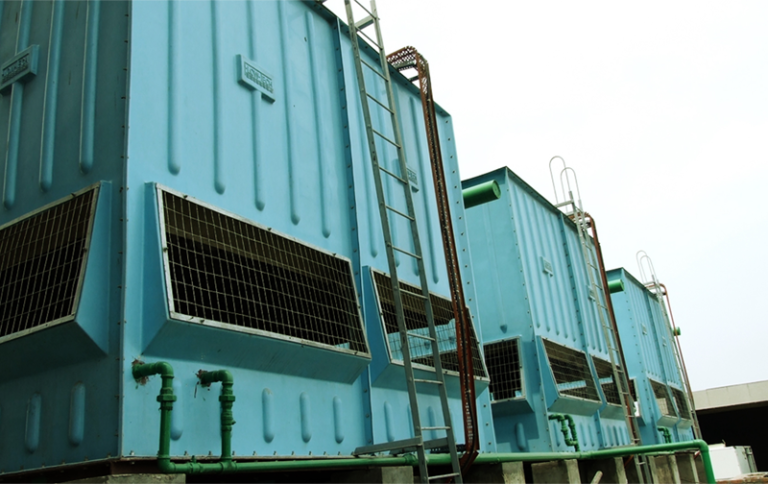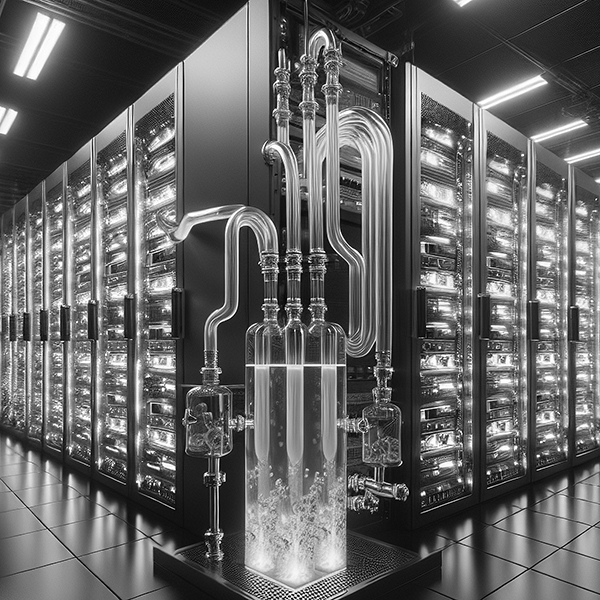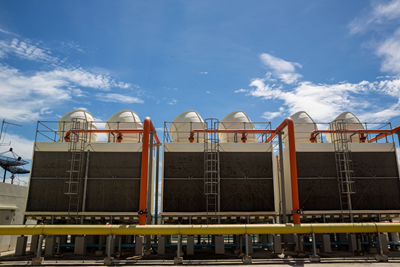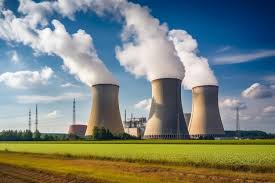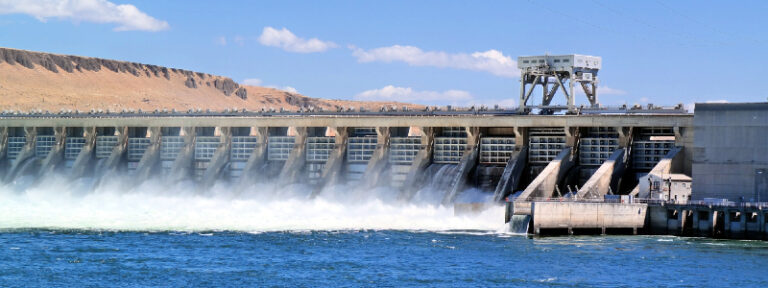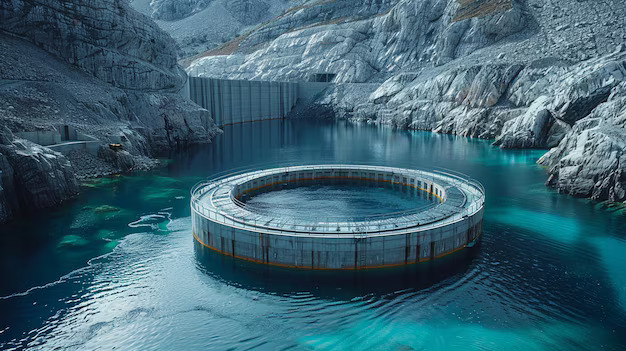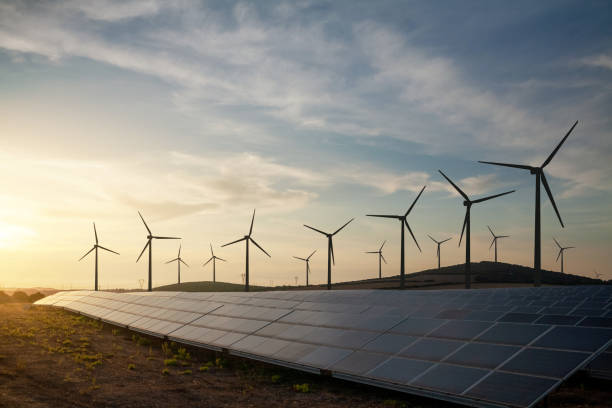Introduction Cooling Towers Food Processing industry by helping to regulate the heat generated from various production processes. From refrigeration to pasteurization, these systems maintain the optimal temperature necessary for both food safety and…
Innovative Coolant Fluids
Introduction Innovative Coolant Fluids coolant technology has seen significant advancements, driven by the need for more efficient heat management solutions and a growing focus on environmental sustainability. Traditional coolants, while effective, often pose…
Water and Blowdown Cycles
Introduction Water and blowdown cycles play a vital role in the operational efficiency of cooling towers, directly influencing water quality, energy consumption, and overall system performance. The makeup water cycle involves replenishing the…
Global Warming on Cooling Tower
Introduction Global warming on Cooling Tower is increasingly affecting industries that rely on cooling towers to manage heat exchange processes. As temperatures rise and climate patterns shift, cooling towers are facing operational challenges…
Decentralized Cooling Systems
Introduction Decentralized cooling systems, particularly micro cooling towers, are emerging as innovative solutions to address the complex challenges faced by industries in managing their cooling needs. Traditional centralized cooling systems often involve significant…
Waste Heat Utilization Towers
Introduction Waste Heat Utilization Towers refers to the process of capturing and repurposing excess thermal energy generated by cooling systems, particularly in industrial settings. Cooling towers are essential components in various industries, designed…
Energy Harvesting in Cooling Towers
Introduction Energy harvesting in cooling towers refers to the innovative use of waste heat, typically lost during cooling processes, to generate power. Cooling towers, integral to many industrial applications, dissipate large amounts of…
Harnessing Hydropower
Introduction Harnessing hydropower for large-scale industrial cooling represents a significant shift towards sustainable energy solutions in modern manufacturing and processing sectors. As industries face increasing pressure to reduce their carbon footprints and comply…
Aquifer Thermal Energy Storage
Introduction Aquifer Thermal Energy Storage (ATES) is an innovative and sustainable approach to cooling systems, utilizing the natural heat-storing capacity of groundwater aquifers. By leveraging underground water layers as a medium for storing…
Chillers and Renewable Energy
Introduction Chillers and Renewable Energy as the demand for energy-efficient and eco-friendly solutions grows, integrating renewable energy sources like solar and wind power into chiller systems has emerged as a game-changer. Traditionally reliant…

